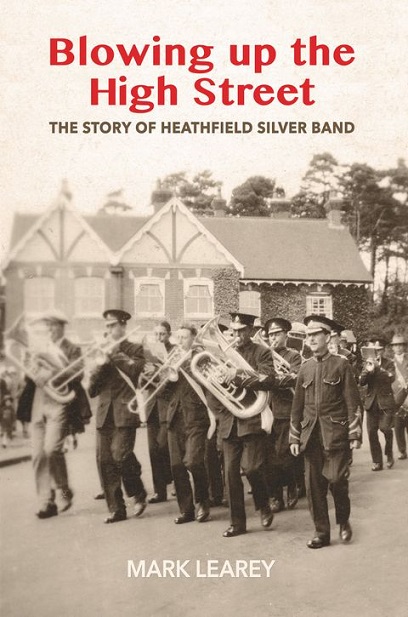

The fabric of the brass band movement in the UK is made up of organisations such as Heathfield Silver Band in the heart of the Sussex High Weald.
A large village “on the road from Lewes to Battle,” some 16 miles from Eastbourne, it prospered with the arrival of a railway line in 1880, and with it the Victorian desire for self-improvement and moral rectitude.
This resulted in a cornucopia of clubs and societies, a music lending library, and by 1888 an embryonic brass band that the local paper hoped in time “may feel able to give a public performance”.
Fortunes
By 1890 the Heathfield Brass Band became an integral part of the local community. It has served it as such ever since – its fortunes fluctuating through success and struggle over the next 125 years or so.
Theirs is a history that can be mirrored in communities from the north of Scotland to the tip of Cornwall, from Wales to The Wash; its lifeblood infused by generations of local families and inclusive attitudes - ability as well as enthusiasm. The current Musical Director Sarah Leeves joined the band aged 10.
By 1890 the Heathfield Brass Band became an integral part of the local community. It has served it as such ever since – its fortunes fluctuating through success and struggle over the next 125 years or so.
Heathfield Silver has never won an Area contest let alone a National title, yet their commitment to providing musical education and entertainment within their community makes them every bit as vital to the future prosperity of the British brass band movement as Cory (generously acknowledged in the foreword by Philip Harper) or Black Dyke.
Forensic detail
It is also hard to imagine that either of these leviathans will ever have a supporter such as Mark Learey to chronicle their history in such forensic detail either.
His research and easily readable style is a fine achievement – almost 400 pages of social history (the railway closed in 1968) and storytelling, observations and opinion that chart the progress of a close-knit village band that has never lost sight of its founding ethos.
– almost 400 pages of social history (the railway closed in 1968) and storytelling, observations and opinion that chart the progress of a close-knit village band that has never lost sight of its founding ethos.
The book’s title may well be a little unfortunate, but the sentiment and ambition behind it certainly is not.
It is a wonderful reminder of just how important brass band music making has been, and remains, in communities large and small throughout the nation. Long may it continue in Heathfield and beyond.
Iwan Fox
To purchase: https://www.blowingupthehighstreet.com/shop









